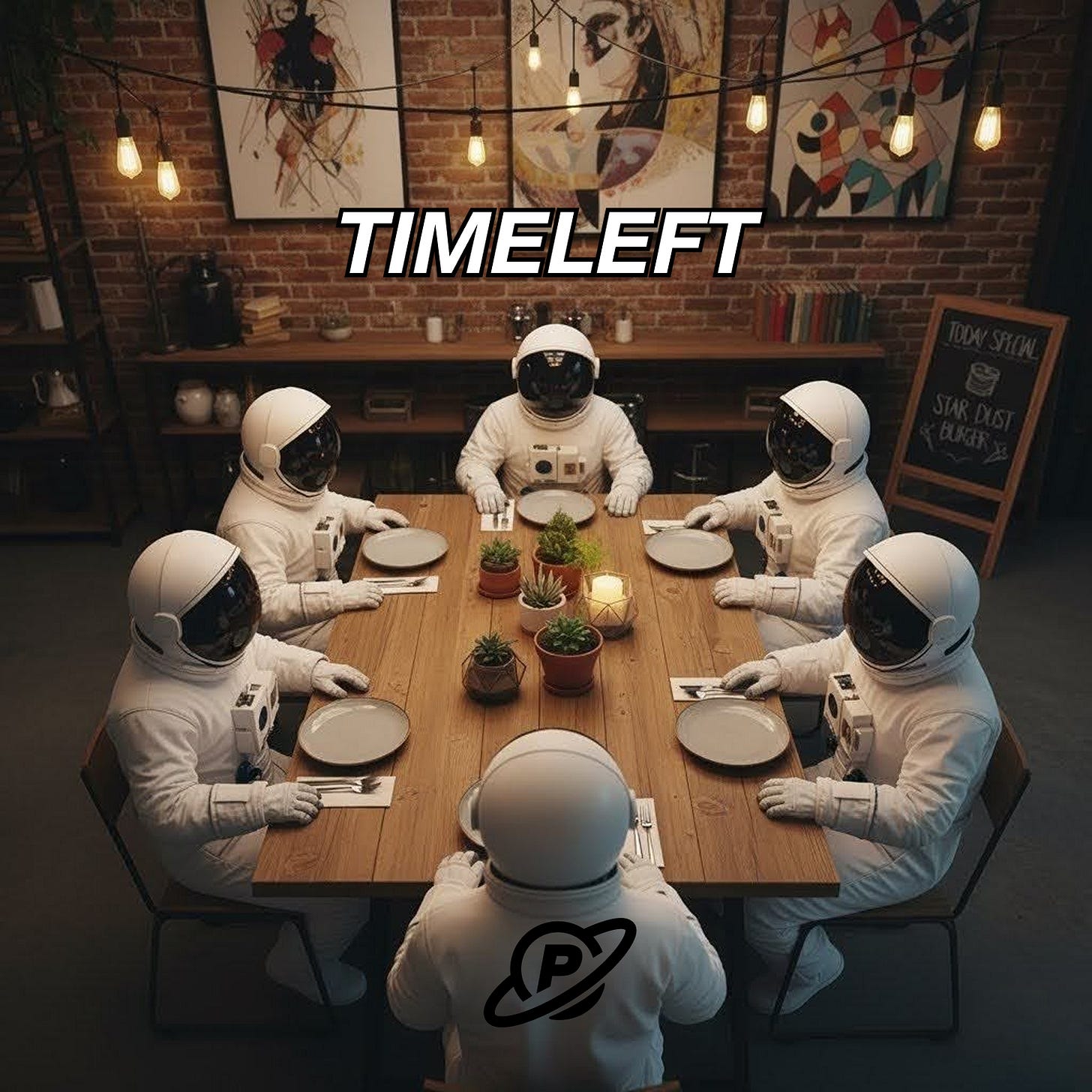What 50 Strangers Taught Me About Conversation
My takeaways from having 10 dinners with complete strangers using the Timeleft app.
It’s Wednesday evening and I’m heading to dinner with five people. But here’s the catch — I don’t know anything about them. Not their names, not their jobs, nor why they signed up for this. An app called Timeleft matched us based on a few questions and assigned us a restaurant. We’ll share a meal, stories, and exchange perspectives. Some of us may even become friends.
Hanging out with strangers can be a valuable learning experience, useful for every other human interaction. At the time of writing this, I’ve attended ten Timeleft dinners, which have given me plenty of insights to talk about.
Insights
Notice Your Judgements
You can’t fight it, you can’t change it but you can be aware of it.
I’m guilty, I judge people, first by their appearance, then by how they talk, and when learning what they do for a living I put stereotypes assigned to their profession. My brain looks for any possible shortcuts in “scoring” all people at the table. I can’t just turn it off. Judgments are made automatically and without me thinking about it at all.
During one of the dinners, a smart psychologist suggested that we’d reveal our jobs by the end of the meeting. The result was as expected. It removed a lot of potential assumptions about that group.
In practice: Delay asking about people’s nationalities, professions, political views, etc. It will keep your mind more open and less blurred by stereotypes, and when you eventually find out what they are doing you will see them in a better light than your prejudices.
Use Simple Language
I struggled a lot with precisely introducing myself. You don’t know these people’s experience, education, or professions until you get to know them a bit better.
Can I say that I was working as an engineering manager? Or does it already require too much knowledge? Should I just say I worked in IT?
It’s not just about introducing what you do but any other aspects of your stories. Cultural background, childhood years, etc.
As with writing: Simple words do not reflect a simple mind, it is the opposite.
In practice: Use simple language, establish a basic level so that everyone will understand. These people may not reveal that they don’t understand terms from your domain. When dining with English (but not native) speakers, I forced myself to use the simplest words that I could.
Ask Deep Questions
Each table had its own dynamic. I experienced dinners where I felt my energy drain, but also ones where I felt more energised and connected with these people.
For me, it boils down to the questions asked. Less impactful ones were just casual small talks about the weather, or about passive consumption of some addictive TV series. Some were about detached holiday highlights or self-promotion of their achievements but without any reflections.
But there were many dinners that I still remember: When a guy told the story of how, for the very first time, he had heard the words “I love you” from his girlfriend. Stories about seeing babies being born. Interviews they had with their idols, or any other occasions when their eyes sparkled with joy and excitement.
In practice: Ask deeper questions. It makes that time better invested. Don’t talk about anything that LLMs can answer within a few seconds. Make it personal, not generalised.
That’s a good start list, proposed by the Timeleft app itself:
Instead of asking about a job or profession: What’s something you worked on recently that you’re excited about?
Instead of complaining about the weather: What outdoor activity do you love, and why?
Instead of asking where they are from: Can you share a story or tradition from your hometown that shaped you?
Good questions are open-ended, thought-provoking, empathetic, and suited for how much you know each other.
Summary
I was amazed by how people were genuinely curious about each other, as they invested their time to go for these dinners.
Timeleft app is a social experiment that, as a side effect, can help you find new friends. And it happened to me, I met my new running mate at the 3rd dinner I attended.
I’ve learned a lot about how I perceive people, speak to them and how to have a conversation which is more memorable and brings more perspectives to the table.
When was the last time you had a conversation with a stranger? Small-talk doesn’t count!
Thanks for reading!
— Michał
P.S. I tried dinners in Poland and Spain but the app runs in many cities worldwide.
P.P.S. It’s not a sponsored post, but I like Timeleft’s mission to connect strangers around the world over a shared dinner. Whenever I link to the app, I put my referral code, so if you use it, it will support the newsletter.
Post Notes
Discover Weekly — Shoutouts
Great articles which I’ve read recently:
The 20-Minute Writing Exercise That Neuroscientists Say Can Solve Your Hardest Problems by Magdalena Ponurska
AI Won’t Help You Build a Business. Here’s Why by Orel and Jenny Ouyang
The Benefits of Bubbles by Ben Thompson
Connect
LinkedIn | Substack DM | Mentoring | X | Bsky



Spot on. Delaying job reveals is such a clever hack for our brain's automatc 'shortcut' algorithms. So insightful!
Nice sharing. And thanks for the shoutout :)